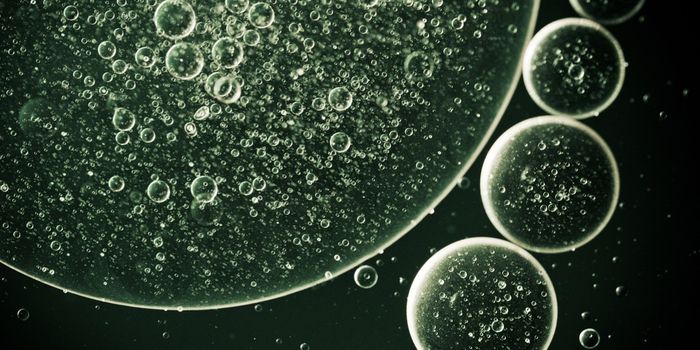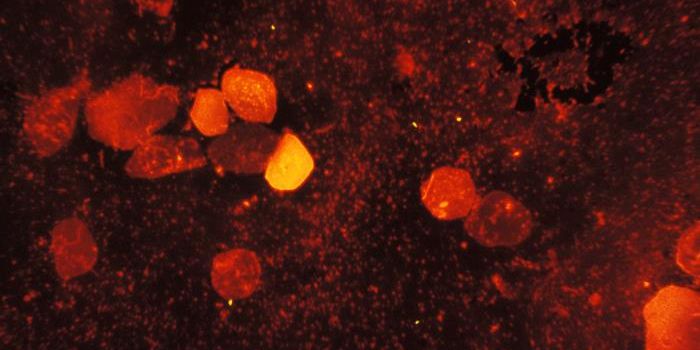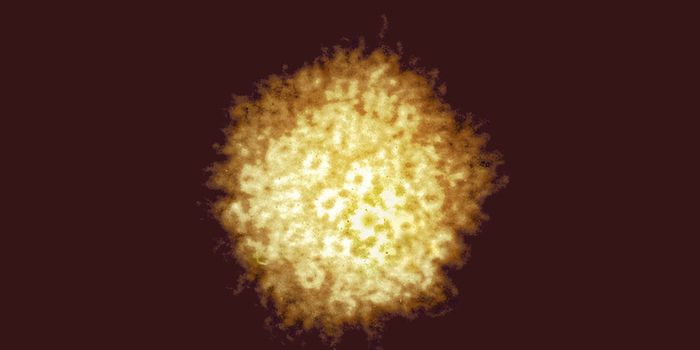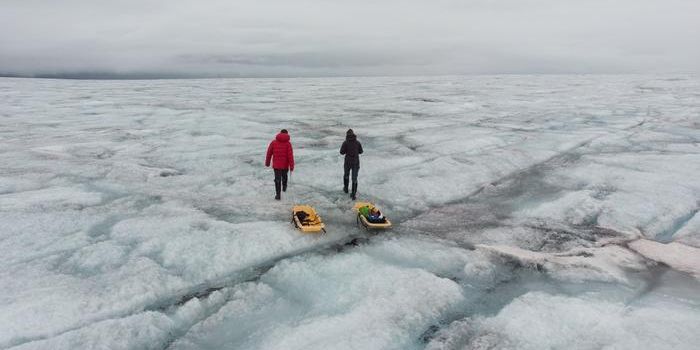Ocean Bacteria Can Add Carbon to the Atmosphere
Microbes have colonized nearly every place on Earth, including soil and the ocean, and scientists are trying to determine how microorganisms might influence climate change. Researchers have now found that there are deep-sea bacteria that can dissolve rocks, releasing carbon into the ocean and the atmosphere in the process. Reporting these findings in The ISME Journal, the study authors suggested that we should take these microbes into account when modeling carbon levels and making predictions about climate change.
"If CO2 is being released into the ocean, it's also being released into the atmosphere, because they're constantly interchanging gases between them," explained first study author Dalton Leprich, a graduate student in the University of Minnesota's Department of Earth and Environmental Sciences. "While it's not as big of an impact as what humans are doing to the environment, it is a flux of CO2 into the atmosphere that we didn't know about. These numbers should help us home in on that global carbon budget."
There are marine microbes on the ocean floor that use sulfur for energy. They live on top of limestone that has trapped carbon, in methane seeps. As the bacteria oxidize sulfur, they dissolve the limestone rocks, releasing the carbon contained in the rocks as they're dissolved.
"You can think of this like getting cavities on your teeth," Leprich said. "Your tooth is a mineral. There are bacteria that live on your teeth, and your dentist will typically tell you that sugars are bad for your teeth. Microbes are taking those sugars and fermenting them, and that fermentation process is creating acid, and that will dissolve away at your teeth. It's a similar process to what's happening with these rocks."
The researchers would like to investigate whether this happens with other minerals too.
"These findings are but one of the many examples of the important and understudied role that microbes play in mediating the cycling of elements on our planet," said corresponding study author Jake Bailey, a University of Minnesota Department of Earth and Environmental Sciences associate professor.
Sources: Science Daily via University of Minnesota, The ISME Journal









